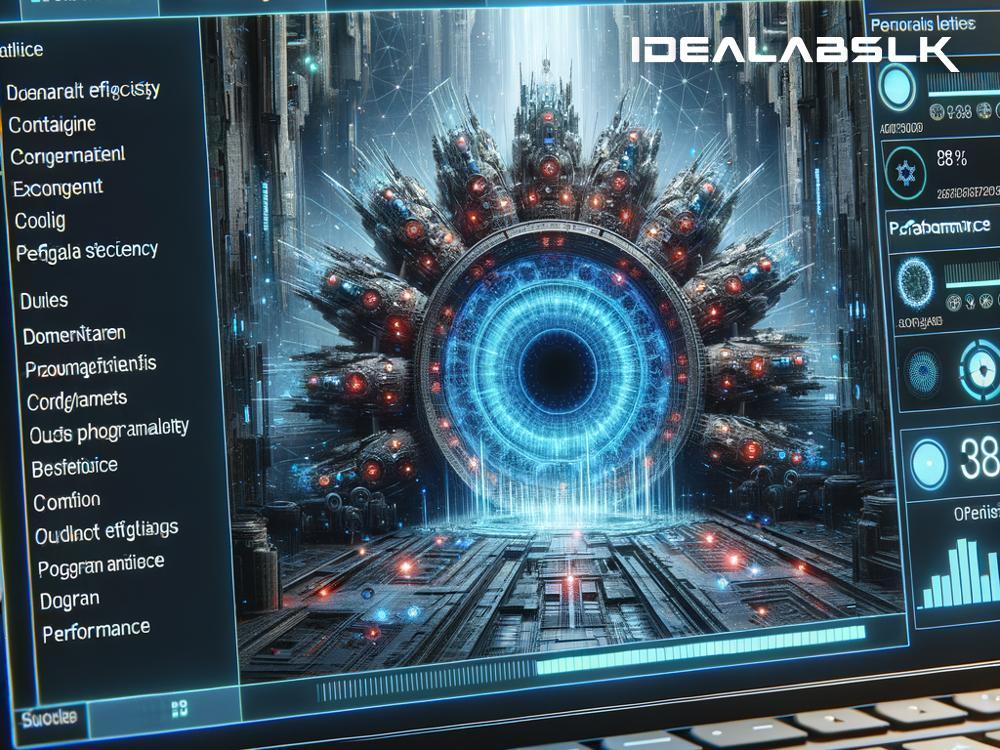Title: AI-Powered Game Testing: The Future of QA and Bug Fixing in 2024
The world of video game development is on the cusp of a revolutionary change, thanks to advancements in Artificial Intelligence (AI). As we move into 2024, AI-powered game testing is poised to drastically alter the landscape of Quality Assurance (QA) and bug fixing, making the development process faster, more efficient, and significantly less error-prone. This shift promises not only to enhance the quality of games but also to streamline the workload of developers, allowing them to focus more on creativity and innovation.
What is AI-Powered Game Testing?
AI-powered game testing employs artificial intelligence to automate the process of testing video games for errors, bugs, and other issues. Unlike traditional manual testing, which relies on human testers to play through the game, AI testing utilizes sophisticated algorithms and machine learning to scrutinize every nook and cranny of a game’s code and gameplay mechanics. This not only speeds up the testing process but also ensures a level of thoroughness that is difficult to achieve with human testers alone.
The Revolution in QA and Bug Fixing
AI is set to revolutionize the way QA and bug fixing are approached in several key ways:
Efficiency and Speed
One of the most significant advantages of AI-powered game testing is its efficiency. AI can work around the clock without fatigue, testing thousands of game scenarios in the time it would take a human tester to cover just a handful. This means that games can be tested and ready for launch much faster than ever before.
Precision and Thoroughness
Humans are prone to error, and even the most diligent tester might miss a bug hidden in the game’s code. AI, on the other hand, can meticulously analyze every aspect of a game, ensuring that even the most elusive bugs are caught. This thoroughness leads to higher quality games and a smoother player experience.
Cost Reduction
While the upfront cost of implementing AI in game testing might be high, it ultimately leads to significant cost savings. By automating the testing process, developers can reduce the need for large teams of human testers, cutting down on labor costs and freeing up resources for other aspects of game development.
Continuous Learning and Improvement
Perhaps one of the most exciting aspects of AI-powered game testing is its ability to learn and improve over time. Through machine learning, AI systems can become more efficient at identifying and fixing bugs, adapting to new testing scenarios, and even anticipating potential issues before they arise. This means that the more a game is tested, the smarter and more effective the testing process becomes.
Challenges and Considerations
Despite its many advantages, integrating AI into game testing does come with its set of challenges. Concerns about the displacement of human jobs, the high initial cost of AI technology, and the need for specialized personnel to manage and maintain AI systems are all valid. Moreover, there might be cases where the unique insight and creativity of human testers are needed, particularly in assessing subjective elements like story coherence and emotional impact.
Looking Ahead: The Future of Game Development in 2024
As we march towards 2024, it’s clear that AI-powered game testing will play a pivotal role in shaping the future of game development. By significantly reducing the time and resources needed for QA and bug fixing, developers can focus on pushing the boundaries of creativity and delivering groundbreaking gaming experiences. However, as with any technological advancement, it will be critical to navigate the transition thoughtfully, ensuring that both the technology and the human workforce evolve together harmoniously.
The integration of AI into game testing is not just a passing trend but a glimpse into a future where technology and creativity unite to create gaming experiences that are more immersive, engaging, and flawless than ever before. As we look forward to 2024, one thing is clear: the revolution in QA and bug fixing brought about by AI will not just change the way games are developed; it will redefine what is possible in the world of gaming.

